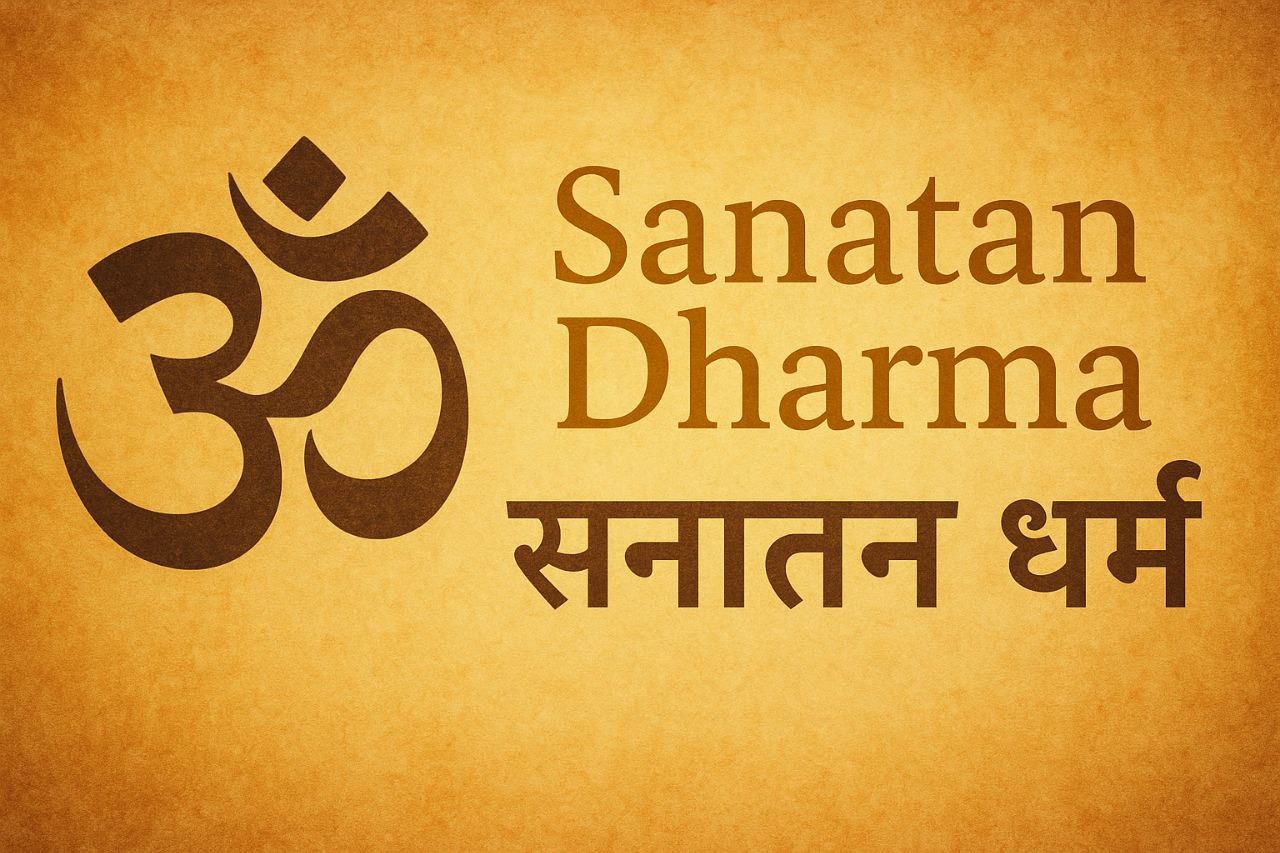Understanding Karma ~ The Law of Cause & Effect

In the vast ocean of Sanatan Dharma, few principles are as foundational and profound as the law of Karma. It is not merely a religious doctrine; it is a cosmic principle that underlines the deep interconnectedness of action and consequence.
"Karma is not punishment or reward; it is the echo of your own actions rippling through time and space." ~ Adarsh Singh
What is Karma?
Derived from the Sanskrit root ‘Kri’, which means to do or to act, Karma essentially refers to action. Every thought, word, and deed leaves an imprint, not only in the external world but also on our inner being.
In the Bhagavad Gita (Chapter 3, Verse 8), Lord Krishna says:
"Niyatam kuru karma tvam karma jyāyo hy akarmanah"
(Perform your prescribed duty, for action is better than inaction.)
Thus, the concept of Karma is action-driven but layered with the understanding that every action generates a result, seen or unseen, immediate or delayed, visible or subtle.
Types of Karma in Sanatan Thought
Sanatan Dharma classifies Karma into three major categories:
1. Sanchita Karma ~ The accumulated karmas of past lives.
2. Prarabdha Karma ~ The portion of Sanchita being experienced in the present life.
3. Kriyamana Karma ~ The karma you are creating now, in this life, which will shape your future.
"Your today was woven yesterday, and your tomorrow is already being stitched by the thread of your current deeds." ~ Adarsh Singh
The Cosmic Balance of Karma
Karma is not about reward and punishment as perceived in Abrahamic traditions. It is neither moralistic nor judgmental. It simply maintains cosmic balance, like gravity maintains physical equilibrium.
The Law of Karma operates with infallible precision:
Every good deed creates positive karmic credit.
Every harmful action brings its own repercussions.
But it’s not just about what you do, it’s about how and why you do it. Intention (Bhava) plays a major role.
Free Will vs Karma
Some ask: If Karma is fixed, do I have free will?
Sanatan Dharma answers: Yes.
Karma creates a framework, but your present choices within that framework determine your evolution. It’s like playing a game, you may not choose your character or environment, but you choose your moves.
"Karma builds the path, but conscious awareness paves it with gold or thorns." ~ Adarsh Singh
Liberation from the Bondage of Karma
The goal of life, according to Sanatan Dharma, is Moksha, liberation from the cycle of Karma and rebirth (Samsara). One escapes the binding effects of Karma by:
Acting selflessly (Nishkama Karma)
Living in awareness and equanimity
Realizing the Self (Atman) as non-doer
Lord Krishna guides:
"Karmanye vadhikaraste, ma phaleshu kadachana"
(You have a right to perform your duties, but not to the fruits thereof.)
Why Understanding Karma is Life-Changing
It teaches personal responsibility
It fosters compassion and tolerance
It removes the tendency to blame others or wallow in victimhood
It awakens the soul to conscious action
"Karma is not destiny, it’s your dance with destiny. Your awareness is the music that shapes its rhythm." ~ Adarsh Singh
Karma as the Mirror of Life
To live in harmony with the law of Karma is to live in tune with cosmic dharma. It is the deepest reminder that we are creators of our reality, moment by moment, breath by breath.
Let your actions be filled with love, your intentions be rooted in truth, and your awareness be ever-present.
"The wheel of Karma turns with your own hands, what you sow in thought, you shall reap in experience. Sow wisely." ~ Adarsh Singh
Tue Jul 22, 2025
